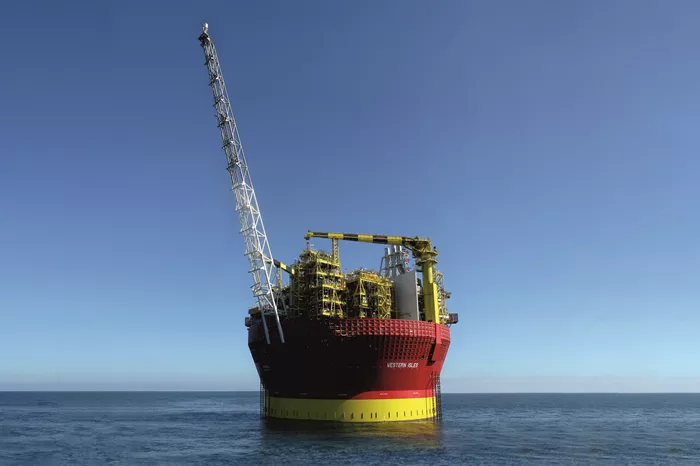One of the North Sea’s largest oil and gas initiatives faces significant delays as Neo Energy, the project’s operator, announced a substantial slowdown in investment due to “fiscal and regulatory uncertainty.”
Originally scheduled to commence in 2027, the £900 million Buchan project, which is anticipated to peak at 35,000 barrels of oil per day, will now experience a postponement. Neo Energy, a prominent North Sea producer with a 50% stake in the project, cited “extremely challenging” conditions for this decision.
The primary factors behind Neo Energy’s move include recent changes in government policy and upcoming regulatory shifts. The UK Supreme Court recently ruled that governments and planning committees must consider the indirect emissions from oil fields before granting project approvals. In response, the Department of Energy Security and Net Zero (DESNZ) has indicated plans to consult on new environmental guidance.
Additionally, the Labour administration’s proposal to increase the windfall tax to 38%—raising the marginal tax rate on firms to 78%—has also influenced Neo Energy’s decision. The proposed tax changes would eliminate allowances that previously helped companies offset the levy with investment and exploration expenses.
The government asserts that raising the tax is necessary to fund its goal of establishing the UK as a “clean energy superpower.” However, the North Sea oil and gas sector has warned that such high tax rates could have detrimental effects on investment and employment.
Offshore Energies UK, which represents the North Sea oil and gas industry, recently released a report suggesting that the government’s tax plans could cost the UK economy £13 billion while generating less revenue than the previous windfall tax. Additionally, over 40 firms operating in the North Sea have expressed concerns that these policies could jeopardize hundreds of thousands of jobs.
Neo Energy’s decision marks a notable instance of investment being curtailed in response to the current regulatory landscape. The company announced it would “materially” reduce investment across all its development assets, including the Buchan Horst project, pending clarity on the UK’s regulatory and fiscal framework. This will delay the project’s expected start date of late 2027. Neo Energy also plans to seek a license extension to continue technical evaluations in light of the evolving regulations.
Proponents of the energy transition argue that despite the potential job losses in the oil and gas sector, the shift towards renewable energy sources will generate new employment opportunities. James Alexander, CEO of the UK Sustainable Investment and Finance Association, emphasized the finite nature of North Sea oil and the future job prospects in offshore wind and other clean energy sectors. He urged the government to concentrate its efforts and investments on these emerging industries.
Related topic:

